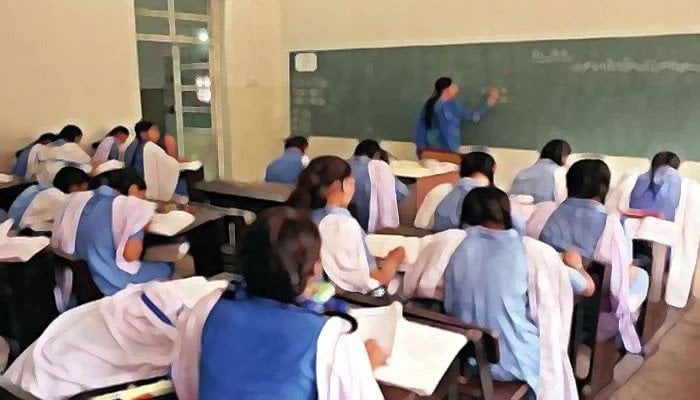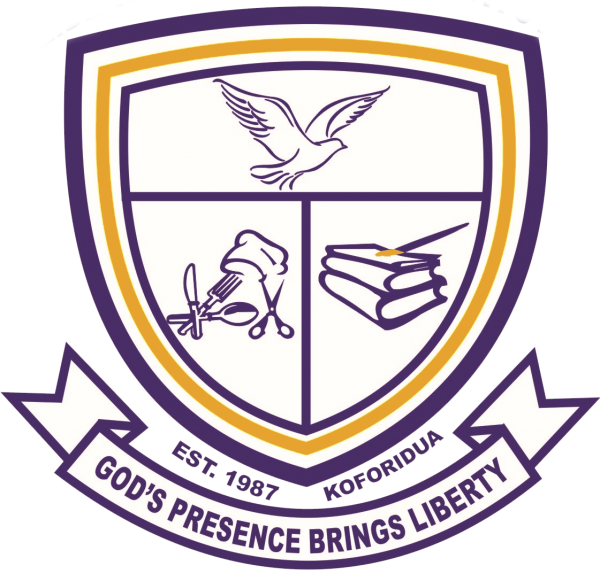I Educational Institute
Education
At MIT, we revel in a culture of learning by doing. In 30 departments across five schools and one college, our students combine analytical rigor with curiosity, playful imagination, and an appetite for solving the hardest problems in service to society.
Our undergraduates work shoulder to shoulder with faculty, tackle global challenges, pursue fundamental questions, and translate ideas into action. The lifeblood of the Institute’s teaching and research enterprise, our graduate students and postdocs represent one of the most talented and diverse cohorts in the world. From science and engineering to the arts, architecture, humanities, social sciences, and management, and interdisciplinary programs, we offer excellence across the board. We also pioneer digital education — like MITx — which offers flexible access to MIT-rigorous content for learners of all ages.
Across MIT, faculty help set the global standard of excellence in their disciplines: They are pioneering scholars who love to teach. Deeply engaged in practice, they topple conventional walls between fields in the push for deeper understanding and fresh ideas. In fact, many faculty actively work in at least one of MIT’s interdisciplinary labs, centers, initiatives, and institutes that target crucial challenges, from clean energy to cancer.
The MIT Schwarzman College of Computing, opened in fall 2019, is a cross-cutting entity with education and research links across all five schools.
The Power of International Education IIE's commitment to diversity and inclusion, now and throughout our history, is a critical part of our effort to engage thoughtfully with all of our. Established by Jay and Betty Van Andel in 1996, Van Andel Institute is committed to improving the health and changing the lives of current and future generations, through biomedical research and science education. Van Andel Institute is a tax-exempt 501(c)(3) charitable organization. The Power of International Education IIE's commitment to diversity and inclusion, now and throughout our history, is a critical part of our effort to engage thoughtfully with all of our internal and external constituents around the world, and reaffirms our deep commitment to these principles. Welcome to the Educational Institute. We are a training organization that offers classes in asbestos, lead and mold abatement, as well as safety courses. Due to a highly regulated field, we follow strict guidelines on our training agendas to ensure that our students are trained properly to protect themselves, their company and their clients. The IPAI offers education and development for property assessment officials and professionals in the state of Illinois. Take the next step with Illinois Property Assessment Institute today.
Top Resources
Teaching & Learning
Our campus is a workshop for inventing the future and we are all apprentices, learning from each other as we go. Because we like to make things, and we like to make an impact, iconic courses like 2.009 emphasize designing, inventing, collaborating, and translating students’ expertise to reach the world. Through signature experiential learning programs like UROP, UPOP, MISTI, PKG, IAP, D-Lab, and Sandbox, students can pursue virtually infinite co-curricular and extracurricular projects — here at MIT, throughout the Greater Boston innovation hub, and around the world. Honeycombed with legendary laboratories and dozens of makerspaces, a wind tunnel, a research nuclear reactor, and a glass lab, our campus of idiosyncratically numbered buildings adds up to a prime spot to make the most of your potential.

Top Resources
MIT is pioneering new ways of teaching and learning, on our campus and around the world, by inventing and leveraging digital technologies. MITx, the Institute’s portfolio of massively open online courses, offers flexible access to a range of interactive courses developed and taught by instructors from MIT. Another MIT innovation — the MicroMasters credential — is increasingly recognized by industry leaders hiring new talent. And MIT’s original digital learning option, OpenCourseWare, continues to offer teachers and learners worldwide the materials for more than 2,450 MIT courses, freely available online.
Top Resources

Professional & Executive Education
For executives, managers, entrepreneurs, and technical professionals eager to tap fresh thinking and new research from MIT, we offer dozens of executive and professional programs. Some are online. Some are on campus. Ranging from two days to 20 months, they all share MIT’s signature focus on practical solutions for the real world.
Top Resources
We delight in the beauty and creative power of science, technology, engineering, and math, and we make a special effort to spark that same passion in students from kindergarten through high school — in school, after school, and over the summer. Locally, we engage students, teachers, and families with a range of hands-on K-12 offerings, from structured field trips to MIT’s Edgerton Center to programs designed to encourage girls in their love of technology and science. We also offer an array of resources for teachers, to help them make science and engineering easy to grasp and irresistibly interesting.
Top Resources
See Inside Education
The National Center for Education Statistics released new National Household Education Surveys data files and documentation January 28, 2021.Two surveys were fielded in 2019 as part of the National Household Education Surveys Program: the Early Childhood Program Participation survey (ECPP) and the Parent and Family Involvement in Education survey (PFI). » More info
Recently released First Look report presents outcomes of 2007–08 bachelor's degree recipients in 2018, about 10 years after graduation. » More info
This web report provides key comparative results from the most recent cycle of the Trends in International Mathematics and Science Study (TIMSS) at the 4th and 8th grades. » More info
Based on data collected for the 2012 Beginning Postsecondary Students Longitudinal Study (BPS:12) Postsecondary Education Transcript Study (PETS), a nationally representative study which followed first-time in college students for 6 years, these PETS data include detailed information, by institutions attended and time periods, on enrollment, degree programs, fields of study, course taking, credit accumulation, and academic performance. » More info
NCES Video Highlights
The Condition of Education is an annual report to Congress summarizing important developments and trends in the U.S. education system. The report presents 50 indicators on topics ranging from prekindergarten through postsecondary education, as well as labor force outcomes and international comparisons. Discover how you can use the Condition of Education to stay informed about the latest education data.
Data Snapshot
The U.S. PIRLS overall average reading score of fourth-grade students was 549. This score was higher than the PIRLS scale centerpoint, which is set at 500 points.
SOURCE: International Association for the Evaluation of Educational Achievement (IEA), Progress in International Reading Literacy Study (PIRLS), 2016.
» More info
The Condition of Education
Browse key indicators on the condition of education in the United States at all levels, from prekindergarten through postsecondary, as well as labor force outcomes and international comparisons. The indicators summarize important developments and trends using the latest statistics, which are updated throughout the year as new data become available.
I Educational Institute Careers
The Condition of Education homepage
Download the latest report
Ccei Online Child Care Training
Tweets by EdNCES